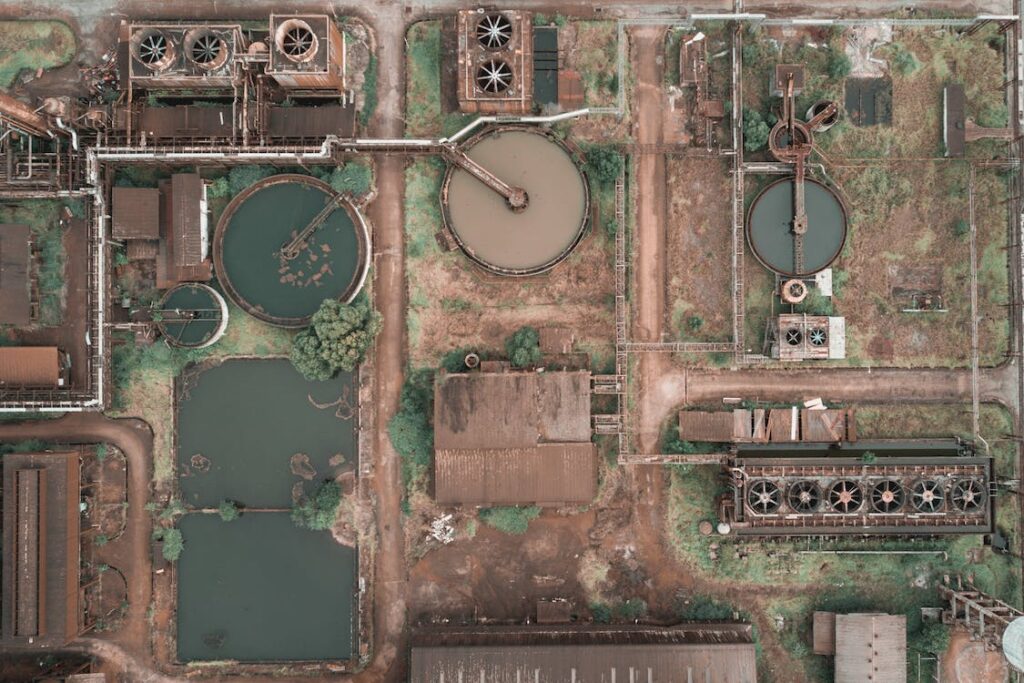As environmental concerns escalate globally, regulatory agencies are tightening standards for wastewater treatment, especially in commercial and industrial sectors. For businesses operating in hospitality, manufacturing, or real estate development, staying compliant with evolving environmental codes is no longer optional—it’s essential for long-term success. So, how can companies prepare their wastewater infrastructure for what’s ahead?
Understanding the Regulatory Shift
From state-level health departments to federal environmental agencies like the EPA, regulators are becoming more aggressive in enforcing clean water standards. In particular, discharge limits are being reduced, and oversight is increasing on nutrient loads (like nitrogen and phosphorus) and pathogen levels.
For commercial establishments with on-site wastewater systems, this shift could mean upgrading or replacing outdated infrastructure to avoid penalties, permit delays, or forced closures.
Designing for Resilience and Scalability
Many businesses build their septic or wastewater systems based solely on current demand. But this short-term view can prove costly when regulations change or usage increases. Instead, engineers now recommend designing systems with modularity and scalability in mind. Technologies such as advanced treatment units (ATUs), aerobic treatment systems, and hybrid tanks allow for incremental expansion without major overhauls.
Incorporating smart monitoring systems also helps detect system strain early, enabling proactive adjustments rather than emergency fixes.
Green Technologies as a Strategic Advantage
Environmentally friendly wastewater solutions—like constructed wetlands, greywater reuse, and solar-powered filtration—are gaining momentum. These methods reduce environmental impact and can help businesses align with broader sustainability goals. Moreover, government incentives and grants are increasingly available to companies that invest in greener alternatives.
Adopting these technologies isn’t just about environmental compliance; it can also serve as a powerful differentiator in today’s eco-conscious market.
Budgeting Beyond the Installation
Too often, businesses budget for wastewater infrastructure as a one-time capital expense. But the true cost includes regular inspections, maintenance, sludge disposal, and potential retrofits. Understanding the commercial septic system cost in this broader context helps businesses plan more effectively and allocate resources appropriately.
Savvy business owners are consulting with wastewater specialists early in the planning phase—not just for installation, but for lifecycle cost analysis and regulatory forecasting.
Conclusion: Stay Ahead of the Curve
Wastewater management may not be glamorous, but it’s foundational to any business that produces liquid waste. With the regulatory landscape evolving rapidly, the question isn’t whether businesses need to adapt, but how quickly they can do so. Investing in flexible, future-ready wastewater systems isn’t just a compliance move—it’s a smart, sustainable business strategy.
